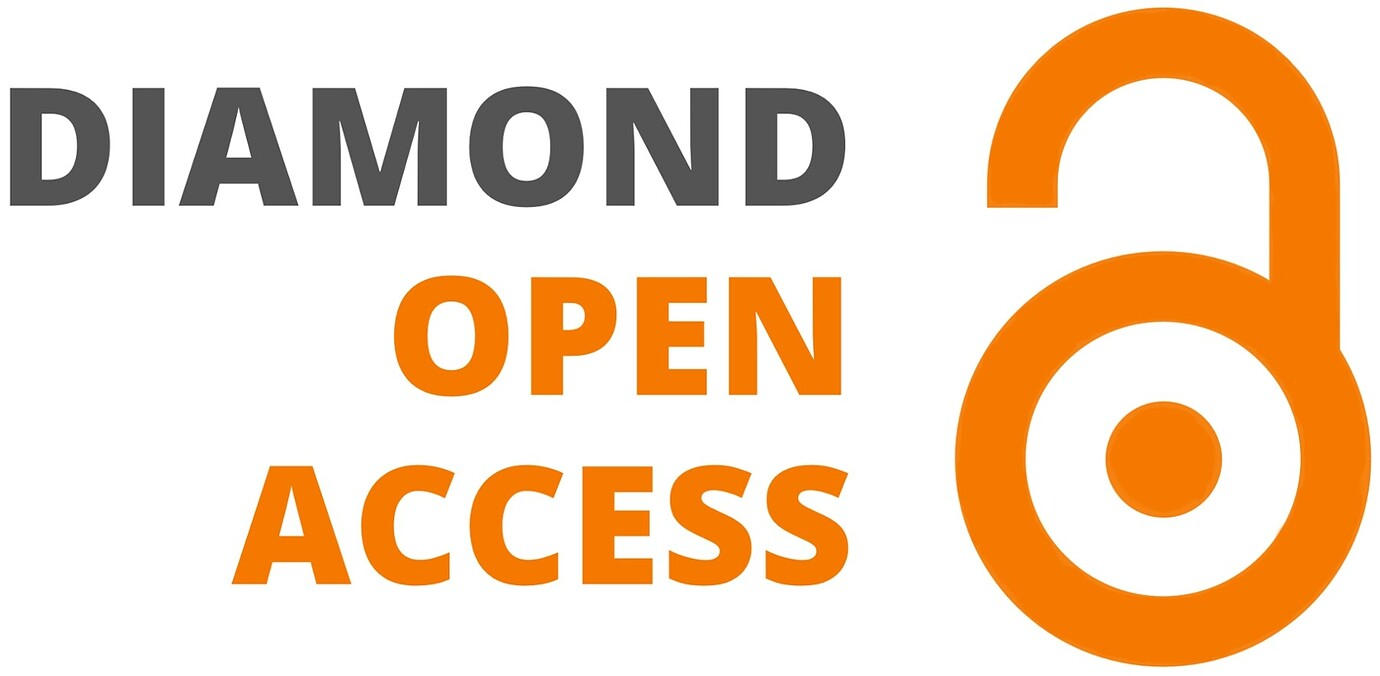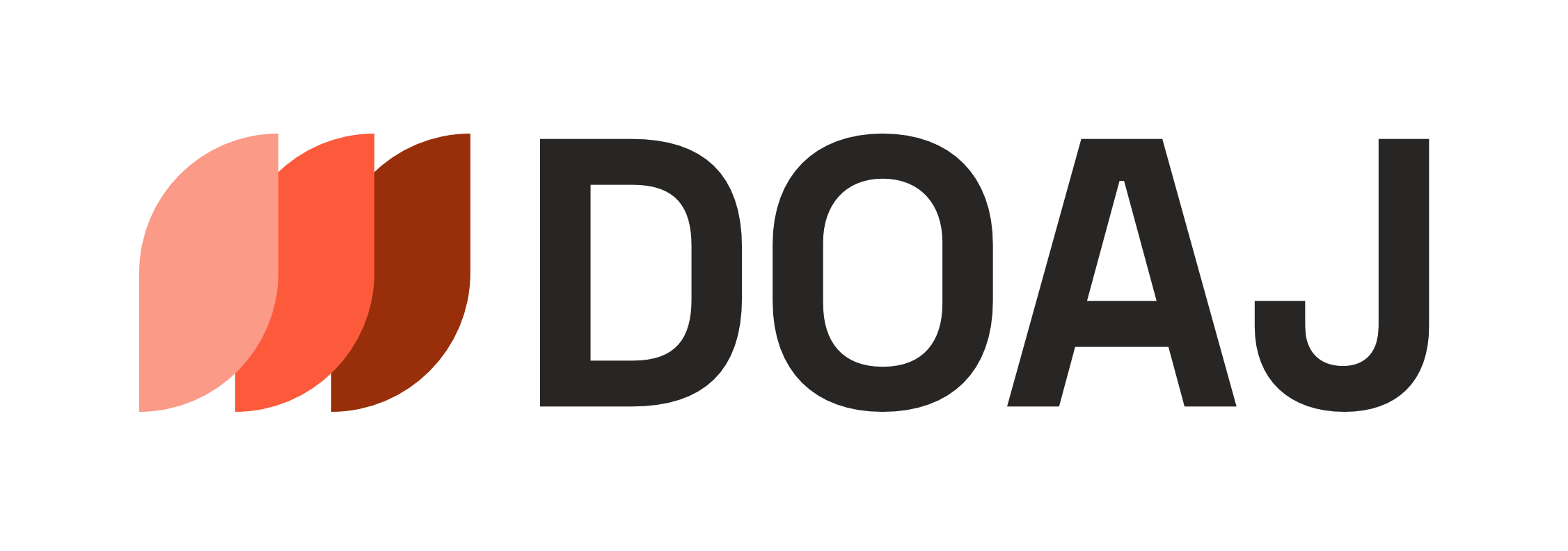Ethics, transparency and scientific integrity
Publication Ethics
The CNRS Ethics Committee (COMETS) wrote in 2005: "The passion for knowledge, discovery, and contributing to the common good, which underpins the proper exercise of the researcher's profession, cannot obscure the ethical questions raised by the acquisition and use of knowledge." (CNRS Guide, 2014, p. 3). In a similar approach, international authorities such as the Committee on Publication Ethics (COPE), the Directory of Open Access Journals (DOAJ), the Open Access Scholarly Publishing Association (OASPA), and the World Association of Medical Editors (WAME) have collaborated to define principles of transparency and best practices for scholarly publications, with the 4th version published in 2022.
It is in this spirit that Glossa defines its publishing ethics. The triad formed by the director of publication, the editor-in-chief, and the production director is responsible for promoting accessibility, diversity, equity, and inclusivity at all levels of the publication. Editorial decisions must be based on dual merit: clinical and scientific. Decisions should not be influenced by the manuscript's origin, including the authors' gender, nationality, ethnicity, political beliefs, race, or religion. No political directive should create an exclusionary environment for anyone wishing to publish in Glossa. The evaluation of the journal must regularly take into account the policy for inclusiveness.
The publication ethics defined for Glossa apply to all published content, including issues from competitions (dissertations or theses) as well as special issues. They are structured around three imperatives:
1) Adopting a framework compliant with the General Data Protection Regulation (GDPR),
2) Stating Glossa's principles of transparency regarding the various procedures followed in the journal, in accordance with the best publication practices issued by the aforementioned authorities,
3) Promoting scientific integrity by explaining the measures in place to address potential ethical breaches.
Transparency
In accordance with the principles of transparency and best practices established by COPE, DOAJ, OASPA, and WAME, transparency principles are defined by a commitment to clarity and discernment at all levels of Glossa's editorial project. The professional approach in speech therapy and speech-language pathology is thus supported by a scientific publication serving clinical needs.
Glossa is committed to adhering to these transparency and best practice principles in scholarly publishing, particularly in editorial content and practices, organizational structure, and economic model.
Scientific Integrity
Engaging in ethical research practices leads Glossa to establish a clear and transparent framework for applying fundamental principles that are secure and respectful. These virtuous principles guide all research participants, regardless of status, in their work and commitment to the practical, ethical, and intellectual challenges inherent in research.
Formulated in 2019 in the Singapore Statement on Research Integrity, these principles are as follows: honesty in all aspects of research, responsible conduct of research, courtesy and loyalty in professional relationships, and proper management of research on behalf of third parties. Honesty is demonstrated in the design, execution, evaluation, reporting, and communication of research in a transparent, fair, complete, and impartial manner. Responsibility for research is assessed from concept to publication, including management, organization, training, supervision, and evaluation of research. Loyalty guarantees research quality, reflected in the design, methodology, analysis, and use of resources. Courtesy and loyalty are reflected in respect for colleagues, research participants, society, ecosystems, cultural heritage, and the environment.
To enrich the simple framework of a code of good research conduct, fundamental ethical practices were published in 2017 by COPE, outlining a list of ethical breaches and providing resources for handling cases transparently. Documented practices include allegations of research misconduct (such as plagiarism, citation manipulation, or data falsification), authorship and research contribution, complaints and appeals, conflicts of interest and competitive conduct, data sharing and reproducibility, ethical oversight, intellectual property, peer review processes, post-publication discussions, corrections, and retractions.
Glossa's ethical approach is openly oriented towards education, with a focus on fostering the publication of research conducted during university studies. Glossa’s chosen ethical stance is to be receptive to ethical questions from the outset of university work, providing support to students wishing to publish, whether articles come from dissertations, master's theses, or doctoral studies on speech therapy topics.
The submission of manuscripts is subject to differentiated requirements based on the author's status. A Master's student must justify the ethical principles applied during their university training, based on the Information and Consent documents provided to participants in the submitted study. Other authors (doctoral students, clinicians, researchers) must justify their submission either to a Data Protection Officer (DPO), a Research Ethics Committee (CER), or a People Protection Committee (CPP). A mere declaration of intent to comply with CNIL procedures will not be accepted.
The editorial board, assisted by the scientific committee if necessary, meets to transparently examine any potential breaches of Glossa's established publication procedures. In such cases, a procedure will be conducted based on the guide written by CNRS in 2014, updated in 2017, and supplemented by the ENRIO report published in 2019, with the possibility of referring the matter to the French Office for Scientific Integrity (OFIS).
Regarding plagiarism detection, a systematic procedure is applied following the standards recommended by Crossref’s Similarity Check tool.




